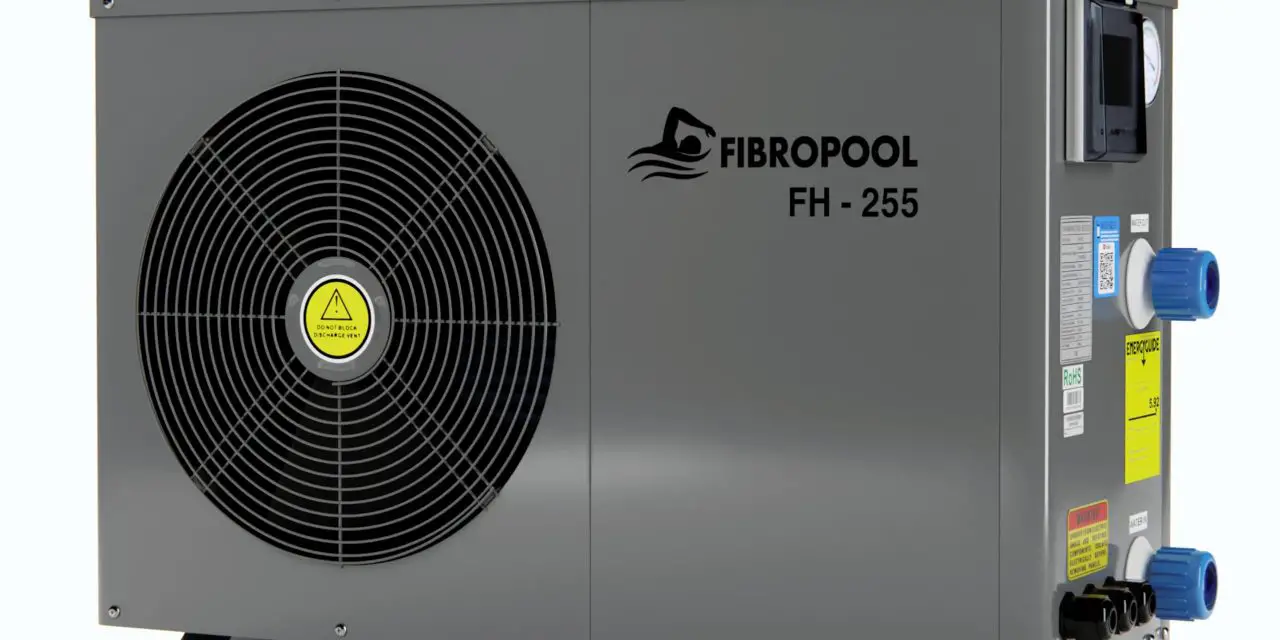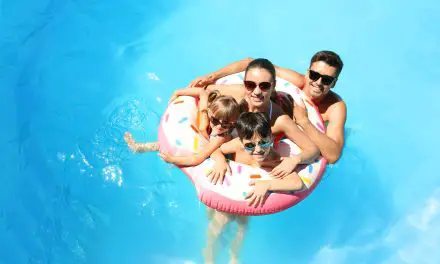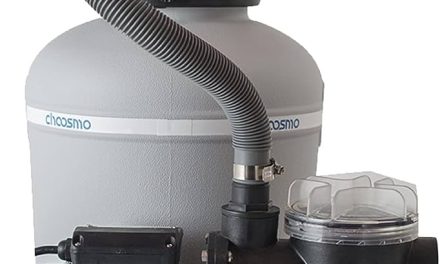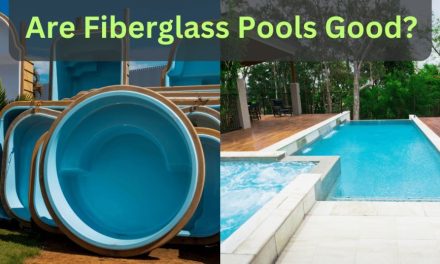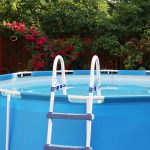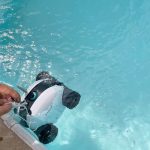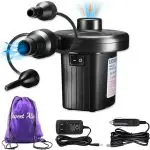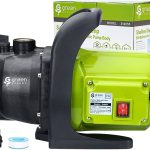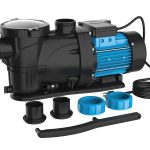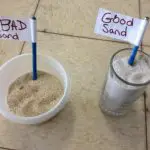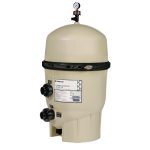A pool pump typically lasts around 8 to 15 years. However, factors such as usage, maintenance, and environmental conditions can impact its lifespan.
Proper installation, routine cleaning and maintenance, and regular inspections can help extend the life of the pool pump. It is important to address any issues or signs of wear and tear promptly to prevent further damage and ensure the longevity of the pump.
Factors Affecting Pool Pump Longevity
Proper maintenance and cleaning are essential factors that can significantly impact the longevity of a pool pump. Regularly cleaning the pump and removing debris from the strainer basket and impeller can help prevent clogs and strain on the motor. Additionally, using high-quality materials in the construction of the pump can contribute to its durability and lifespan.
Factors such as the operating conditions and frequency of usage also play a role in determining how long a pool pump will last. Harsh environmental conditions or excessive use can put additional strain on the pump, potentially decreasing its lifespan.
By practicing proper maintenance, using quality materials, and considering operating conditions, pool owners can maximize the lifespan of their pool pump.
Signs Of A Failing Pool Pump
Strange noises during operation can be a sign of a failing pool pump. These noises indicate that the pump is not functioning properly. Frequent pump leaks are another indicator that your pool pump may be failing. If you notice water leaking from the pump, it may need to be repaired or replaced.
Power interruptions and the pump shutting off unexpectedly are also signs of a failing pool pump. If your pump keeps losing power or shutting off, it could be due to a faulty motor or electrical issue. Additionally, decreased water circulation and suction can indicate a failing pump.
If you notice that your pool water is not circulating properly or the suction is weak, it may be time to replace the pump. Finally, increased energy consumption can be a sign of a failing pump. If your energy bills have been higher than usual, it could be due to a pump that is not running efficiently.
Average Lifespan Of Different Pool Pump Types
The average lifespan of different pool pump types varies. Let’s start with single-speed pool pumps, which typically last around 8-12 years. Dual-speed pool pumps, on the other hand, can have a slightly longer lifespan of 10-15 years. Finally, variable-speed pool pumps tend to last the longest, with an average lifespan of 12-20 years.
It’s important to note that these numbers can vary based on factors such as usage, maintenance, and quality of installation. Keeping your pool pump properly maintained and addressing any issues promptly can help extend its lifespan. Regularly checking for strange noises, leaks, frequent breakdowns, loss of suction, and other signs of malfunction can indicate when it’s time to replace your pool pump.
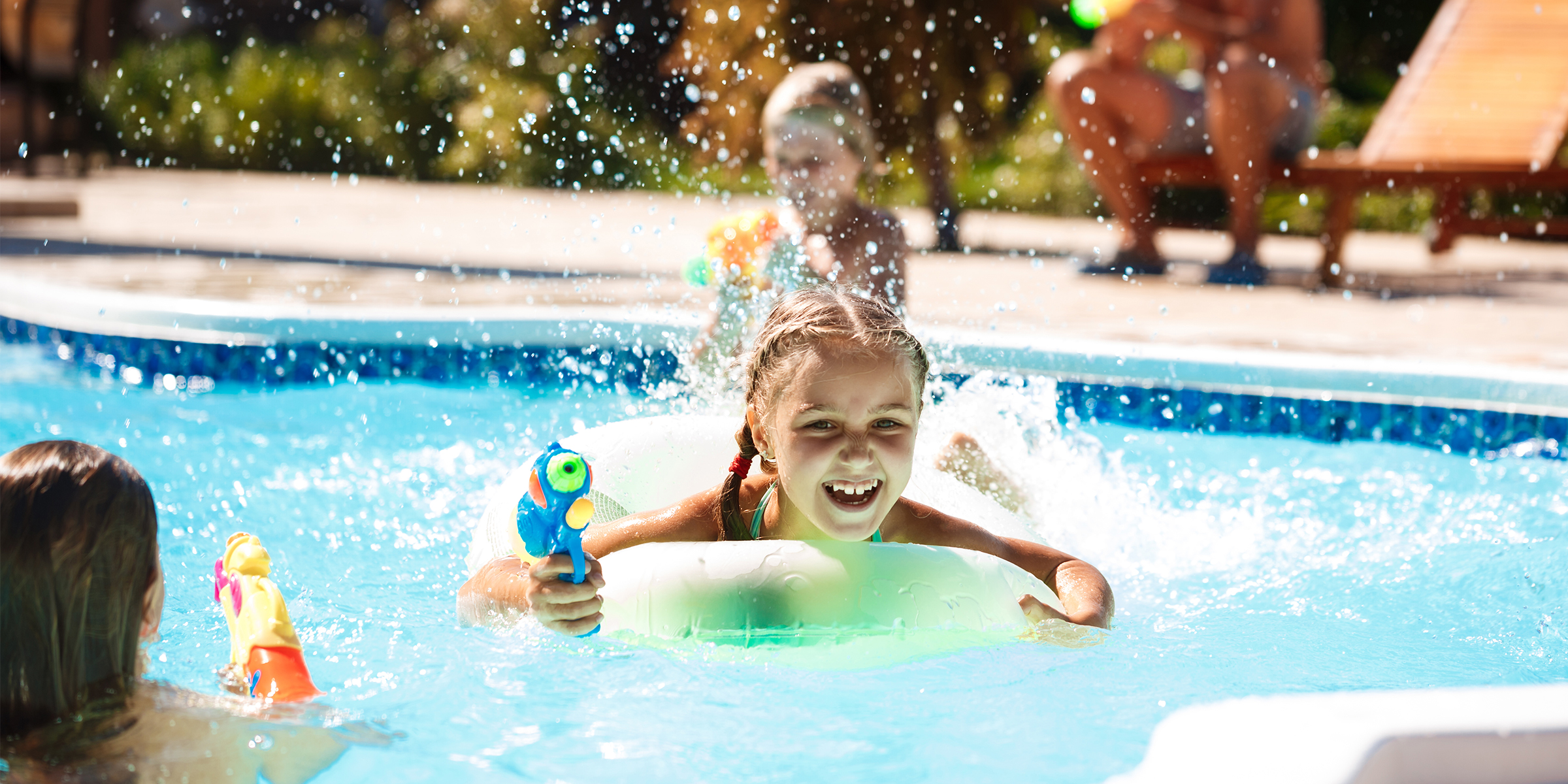
Credit: hyclor.com.au
Extending The Lifespan Of Your Pool Pump
Extending the lifespan of your pool pump requires regular maintenance and cleaning. Keeping up with a consistent schedule ensures optimal pump performance. Proper installation and placement are crucial factors in maximizing the pump’s longevity. Using a pool pump timer helps regulate usage and prevents unnecessary wear and tear.
Consider upgrading to a variable-speed pool pump, which can save energy and reduce strain on the motor. By following these guidelines, you can increase the lifespan of your pool pump, saving you time and money in the long run.
Importance Of Efficient Pool Pumps
Efficient pool pumps are crucial for maintaining a well-functioning swimming pool. They play a vital role in ensuring proper water circulation, filtration, and chemical distribution. Energy consumption and cost savings are significant factors to consider when determining the lifespan of a pool pump.
By investing in an efficient pump, you can reduce energy usage and save money on utility bills. Improved water circulation ensures that all areas of the pool receive adequate filtration, helping to maintain water clarity and hygiene. Additionally, efficient pumps enhance the distribution of pool chemicals, ensuring that they are evenly dispersed throughout the water.
This promotes balanced chemistry and prevents issues such as algae growth and bacterial contamination. Overall, a well-maintained and efficient pool pump can last for many years, providing optimal performance and enjoyment for pool owners.
Troubleshooting Pool Pump Issues
Pool pump longevity is a common concern for pool owners. Troubleshooting pool pump issues involves identifying and resolving common problems. It’s important to find qualified pool pump technicians who can diagnose and fix any issues that arise. Evaluating the costs of repair versus replacement is also crucial in determining the best course of action.
By considering factors such as the age of the pump and the extent of the problem, pool owners can make informed decisions. Regular maintenance and proper installation can help prolong the lifespan of a pool pump, ensuring optimal performance and efficiency.
Benefits Of Upgrading To A Variable-Speed Pool Pump
Upgrading to a variable-speed pool pump offers several benefits. Firstly, it provides energy savings and cost efficiency by adjusting the speed according to the pool’s needs. Secondly, it offers customizable speed settings, ensuring optimal performance and water circulation. Additionally, a variable-speed pump operates quietly, reducing noise pollution and creating a more relaxing environment.
Moreover, it has a longer lifespan and experiences reduced wear and tear compared to traditional single-speed pumps. By upgrading to a variable-speed pool pump, pool owners can enjoy the advantages of energy efficiency, cost savings, quiet operation, and increased durability without compromising on performance.
Recommended Pool Pump Brands For Longevity
When it comes to the longevity of pool pumps, it is essential to choose the right brand. Hayward pool pumps are widely recommended for their durability and long-lasting performance. Hayward has a strong reputation in the industry and is known for producing high-quality pool pumps.
Similarly, Pentair pool pumps are another reliable option. They are built to withstand the demands of continuous operation and are designed to be energy-efficient. Jandy pool pumps also make the list of recommended brands for longevity. Jandy focuses on delivering innovative and reliable pool equipment.
By choosing any of these brands, you can ensure that your pool pump will last for a long time, providing you with a trouble-free swimming experience.
Conclusion And Final Considerations
Regular maintenance is crucial for ensuring the longevity of your pool pump. By sticking to a routine maintenance schedule, you can extend the lifespan of your pump and avoid unnecessary repairs or replacements. It is important to clean and inspect the pump regularly to prevent debris build-up and potential damage.
Additionally, checking the pump’s motor, impeller, and seals for any signs of wear or deterioration is vital for maintenance. Proper lubrication and alignment of the pump’s components can also contribute to its long-term durability. Investing in a high-quality, properly sized pump for your pool’s specific needs is essential for its longevity.
Remember, following manufacturer guidelines and seeking professional assistance when needed will help ensure your pool pump lasts as long as possible.
Frequently Asked Questions Of How Long Should A Pool Pump Last?
How Do I Know If My Pool Pump Needs Replacing?
Signs that your pool pump needs replacing include strange noises, constant leaks, frequent breakdowns, pump shutting off, loss of suction, power tripping, and old age.
What Is The Life Expectancy Of A Pool Pump?
A pool pump’s life expectancy varies, but it typically lasts between 8 to 15 years.
Is It Worth Fixing A Pool Pump?
Fixing a pool pump can be worth it if it has strange noises, constant leaks, frequent breakdowns, or loss of suction.
Conclusion
To ensure the longevity of your pool pump, it’s important to understand how long it should last. While there isn’t a set timeframe for every pool pump, there are some factors to consider. First, the quality of the pump itself plays a significant role.
Investing in a reputable brand and ensuring proper installation can extend the lifespan. Regular maintenance and cleaning is also crucial in preventing issues and prolonging the pump’s life. Additionally, the type of pump you choose, such as a variable speed pump, can contribute to its durability.
By opting for a pump with adjustable speeds, you can reduce wear and tear, resulting in a longer lifespan. Ultimately, a well-maintained pool pump should last anywhere from 8 to 12 years before needing replacement. Remember to consult with a professional for personalized advice based on your specific pool and circumstances.

